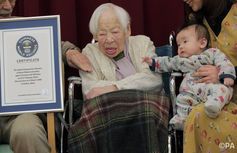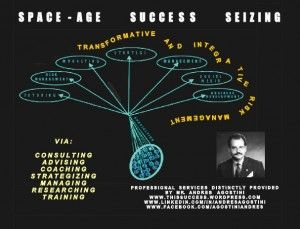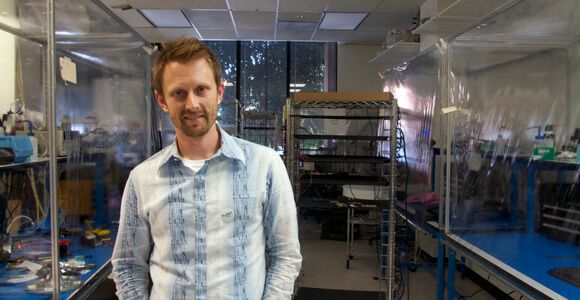By Paul Kvinta — Popular Science
In December 2001, American environmental activist Jim Puckett traveled to the town of Guiyu in southeast China to look for old computers. He’d learned that electronic waste from the West was finding its way to Guiyu, and the place apparently wasn’t what it used to be. For centuries, residents of Guiyu’s four villages had scratched out a living farming rice along the Lianjiang River. When Puckett arrived, one of the first things he saw was a man riding a bicycle stacked 15-feet high with computer keyboards. Puckett followed him to a village and, like Alice tailing the white rabbit through Wonderland, he discovered an upside-down world almost cartoonish in its horrors. Towering piles of monitors, printers, and fax machines lined streets and occupied front yards. In a neighboring village, women cooked circuit boards curbside in woks, and children played atop ash heaps. There were piles of burning wires, clouds of noxious fumes, and fields of gooey sludge. Puckett met people blackened head-to-toe with printer toner.
















